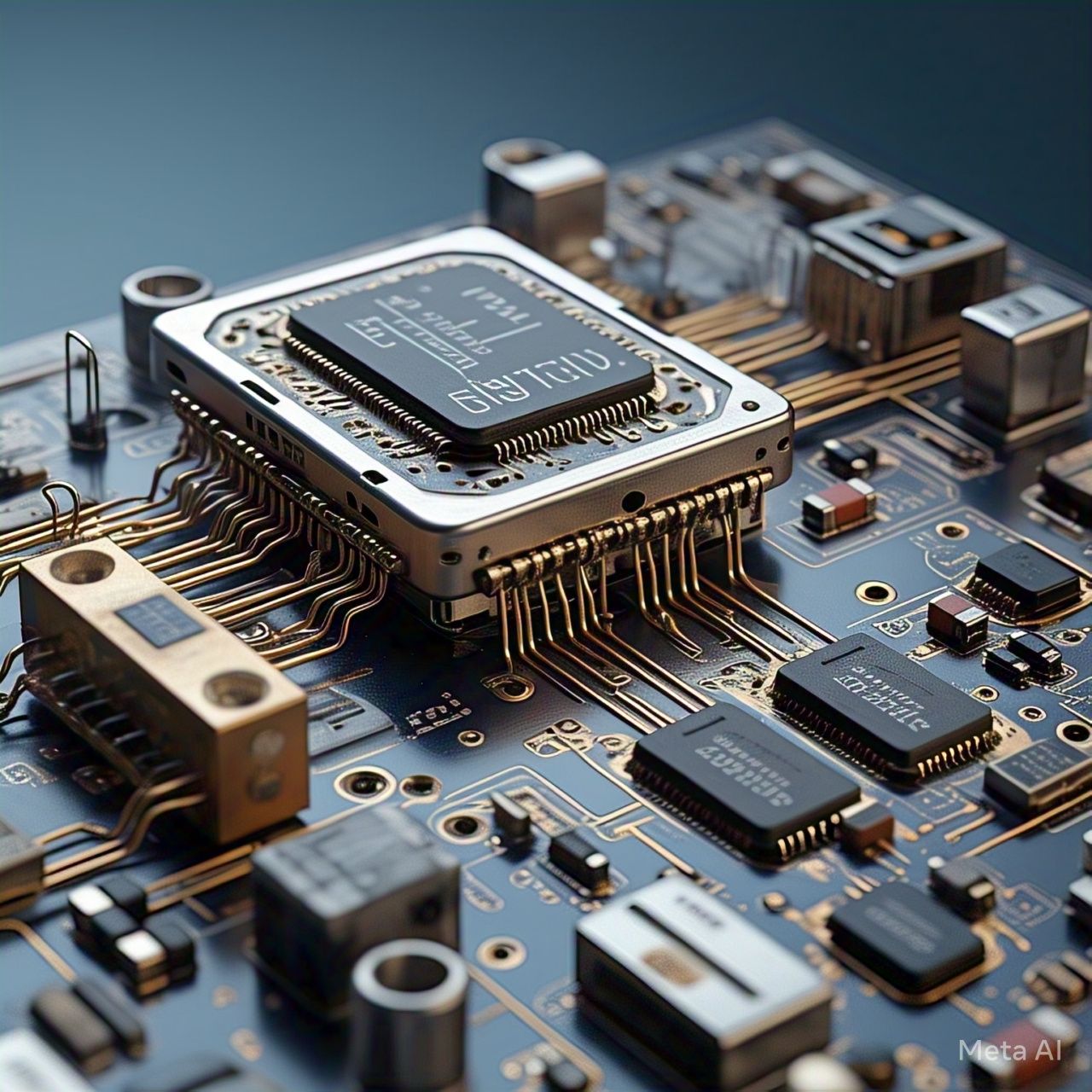Introduction
Artificial Intelligence (AI) is transforming genomics by accelerating DNA analysis, uncovering hidden genetic patterns, and advancing personalized medicine. AI-driven genomic research is helping scientists decode the human genome more efficiently, leading to breakthroughs in disease prediction, targeted treatments, and genetic engineering. By leveraging AI, researchers are unlocking the secrets of DNA faster than ever before, paving the way for the future of precision medicine.
The Role of AI in Genomics
AI is revolutionizing genomics by processing vast amounts of genetic data, identifying mutations, and predicting disease risks. Machine learning and deep learning algorithms enable scientists to analyze complex DNA sequences with unprecedented speed and accuracy.
1. AI in Genome Sequencing
AI enhances genome sequencing by improving accuracy and reducing processing time. Traditional sequencing methods are time-consuming and expensive, but AI-powered tools can rapidly analyze genetic data, identifying patterns that would be difficult for humans to detect.
2. Disease Prediction and Prevention
By analyzing genetic variations, AI helps predict the likelihood of developing inherited diseases such as cancer, Alzheimer’s, and heart disease. AI-driven predictive models allow for early intervention and personalized prevention strategies, improving patient outcomes.
3. AI in Drug Development and Precision Medicine
AI aids in the development of gene-based therapies by identifying genetic markers linked to diseases. By integrating genomic data with AI analytics, scientists can develop targeted treatments that work at the molecular level, ensuring higher treatment success rates and fewer side effects.
4. Gene Editing and CRISPR Optimization
AI is playing a crucial role in advancing gene-editing technologies like CRISPR. By analyzing vast genetic datasets, AI helps refine CRISPR techniques, making genome editing more precise and efficient. This has significant implications for treating genetic disorders and developing new therapies.
Benefits of AI in Genomics
- Faster Genetic Analysis: AI accelerates the sequencing and interpretation of DNA, reducing research timelines.
- Enhanced Disease Detection: AI improves accuracy in identifying genetic mutations linked to diseases.
- Personalized Treatment Plans: AI-driven insights allow for customized healthcare solutions based on an individual’s genetic makeup.
- Advancements in Biotechnology: AI facilitates innovations in genetic engineering, synthetic biology, and gene therapy.
Challenges and Ethical Considerations
Despite its advantages, AI in genomics faces challenges such as data privacy concerns, ethical issues in gene editing, and biases in genetic algorithms. Ensuring responsible AI use and regulatory compliance is crucial to maintaining ethical standards in genomic research.
The Future of AI in Genomics
The future of AI in genomics is promising, with advancements in AI-driven gene therapy, real-time genetic diagnostics, and AI-assisted evolutionary research. As AI continues to evolve, it will further unlock the mysteries of DNA, revolutionizing medicine, biotechnology, and our understanding of genetic science.
Conclusion
AI is unlocking the secrets of DNA, accelerating genomic research, and driving innovations in personalized medicine and genetic engineering. By integrating AI with genomics, scientists are making groundbreaking discoveries that will shape the future of healthcare and biotechnology. As AI technology advances, its role in decoding DNA will continue to expand, transforming the way we understand and treat genetic diseases.





